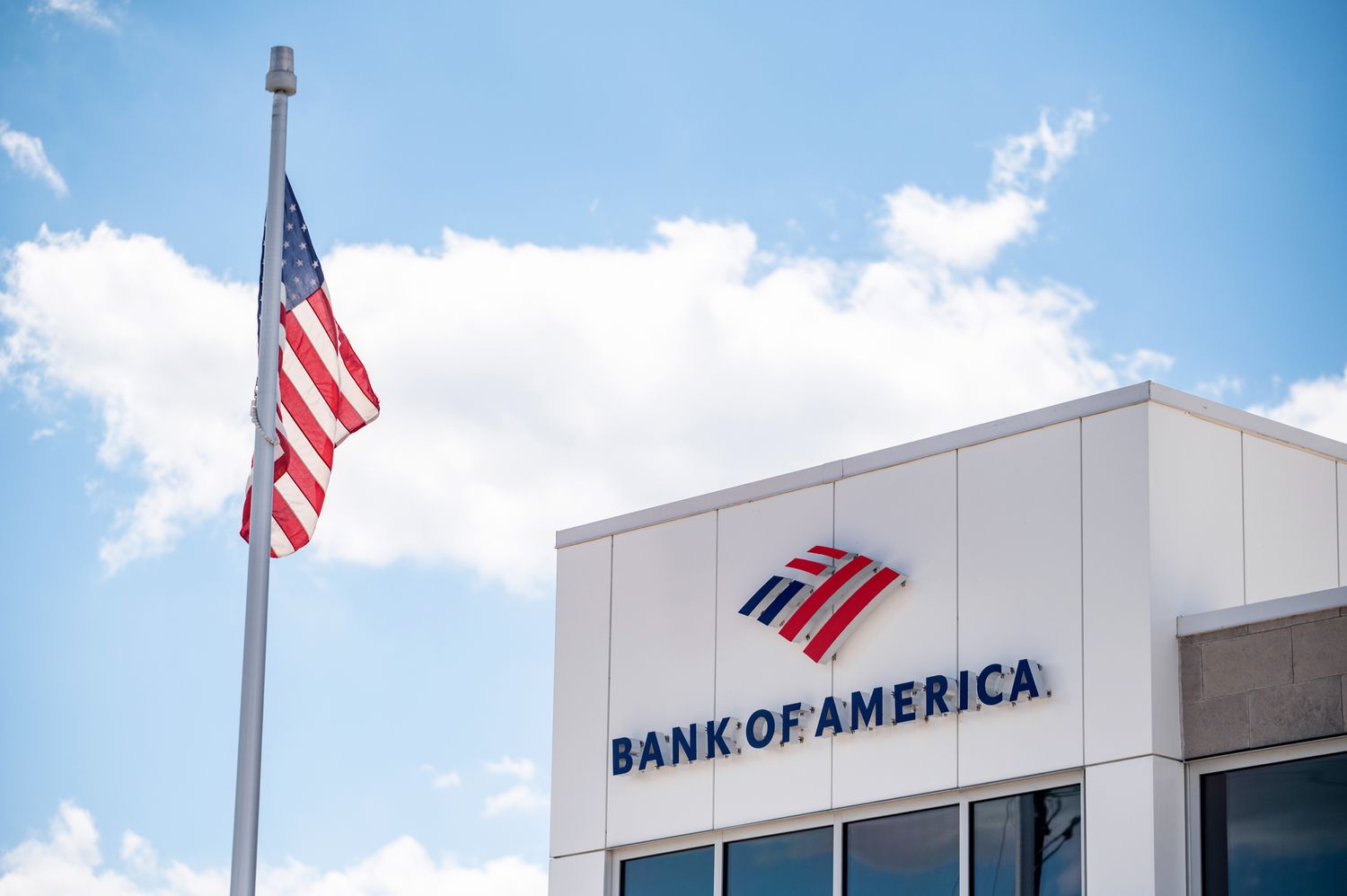The healthcare sector, emblematic of both the potential and challenges of digital technology, faces a complex journey towards modernizing its payment systems.
As industries across the board embrace digital transformation, healthcare is grappling with the challenge of evolving its payment processes. Simon Abtalion, Healthcare Solutions Executive at Bank of America, highlighted the sector’s historical lag in technology adoption, which has led to a fragmented payment ecosystem struggling to meet modern patient expectations.
“Historically, healthcare has not led in technology adoption or deployment. This lag has made it challenging to keep pace with the evolving needs of patients,” said Abtalion. The sector’s complexity and stringent regulatory landscape further compound the issue.
Challenges of Cash Payments in Healthcare
Despite the growing trend toward digital solutions, cash payments remain prevalent in healthcare. Providers often accept cash to maximize collection rates, which leads to a lack of precise data on the actual proportion of cash transactions. This data deficit makes it difficult to evaluate the true costs and benefits of maintaining cash payment options.
“Without comprehensive data, healthcare systems may hesitate to transition to cashless models for fear of jeopardizing collections,” Abtalion explained. He noted that the actual percentage of cash collected is often lower than executives assume.
Embracing Digital Payments
As digital payment methods like digital wallets and near-field communication (NFC) become more common, especially among younger generations, the shift toward a cashless healthcare system is increasingly feasible.
Abtalion emphasized the role of data in driving decisions, urging healthcare systems to evaluate the costs associated with cash transactions and third-party cash couriers. Managing this transition for diverse patient demographics is also crucial. Clear communication and expectations management can ease the process, particularly for older patients.
“Transitioning to cashless doesn’t have to be an all-or-nothing approach. Organizations can benefit from gradually reducing cash transactions,” Abtalion noted. This phased approach helps ensure that no patient group is left behind.
The Future of Healthcare Payments
Bank of America’s acquisition of the AxiaMed platform, now known as Healthcare Payment Solutions (HPS), marks a significant step towards streamlining payment processes in healthcare. This integration aims to consolidate multiple payment solutions into a unified system, reducing data silos and enhancing overall efficiency.
Looking ahead, Abtalion envisions emerging technologies like blockchain playing a pivotal role in healthcare payments. Blockchain could enable real-time billing, improving transparency and reducing delays. Such innovations promise to streamline the patient experience and reduce friction in healthcare payments.
The journey towards a cashless healthcare system involves both technological advancements and cultural shifts. However, Abtalion believes the industry is closer to this goal than many might think, with incremental changes paving the way for a more streamlined and efficient payment landscape.




